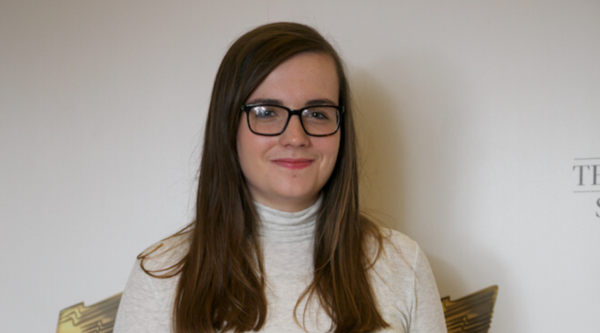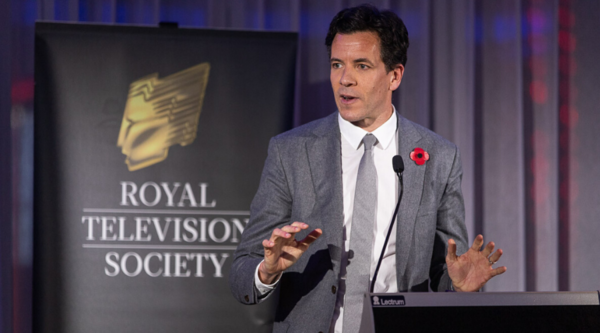Careers in Tech in TV: What does the industry have to offer?
There has long been a technology skills gap in TV due to the competitive recruitment of graduates in related fields, and despite the best efforts of employers, that gap remains.
As Freeview’s Head of Technology Partnerships, Alex Russell, acknowledged, “It’s certainly true that companies like Google and other tech giants can pay higher graduate salaries. As a smaller company though we offer a different sort of environment with the same benefits around flexible working, an exciting range of projects, a great pension. It’s just about getting ourselves noticed.”



